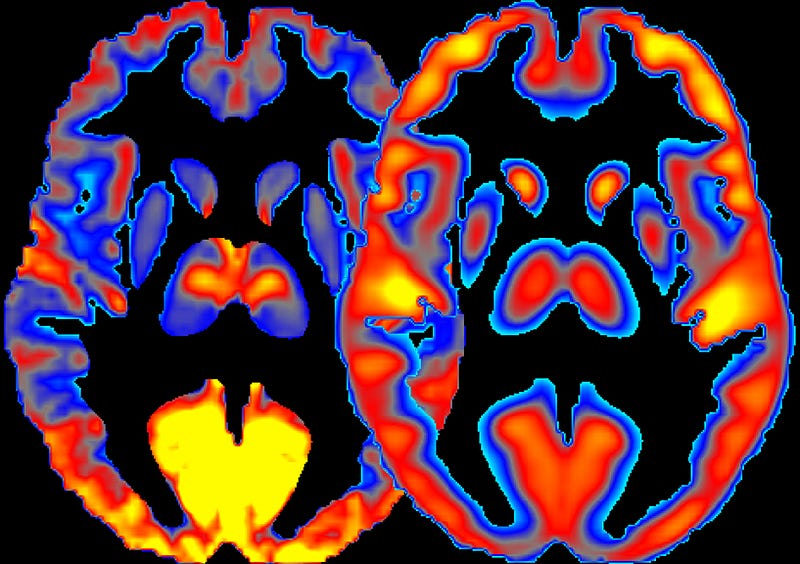Understanding Why Humans Struggle with Weight Management
Written on
The Evolutionary Context of Human Weight
Humans face a significant challenge with weight management, often attributing this to the surge of tasty, calorie-rich foods over the past century. While this is certainly a factor—illustrating a clear case of evolutionary mismatch—it's not the sole reason we're labeled as the "fat ape."
Metabolic Differences Among Apes
In the grand hierarchy of taxonomy, we occupy a unique position, sharing a close relationship with the great apes, which include ourselves. Despite being separated from these relatives by millions of years of evolution, they remain our nearest kin. Genetically, we are most closely aligned with chimpanzees and bonobos, followed by gorillas and orangutans. Interestingly, our ape relatives do not seem to experience the same weight challenges we do.
For instance, even sedentary chimpanzees in zoos generally maintain body fat percentages below 10%. In contrast, achieving a body fat percentage of 10% is often seen as a significant accomplishment for many people today, given the constant temptation of modern Western diets.
What sets humans apart in this regard?
Exploring Metabolism Through Heartbeat Counts
Metabolism plays a crucial role in this puzzle. It's fascinating to note that animals of vastly different sizes share a common principle: they tend to have a similar number of heartbeats throughout their lives. For example, despite the size difference, both a mouse and an elephant will have roughly the same total heartbeats, suggesting a trade-off between lifespan and metabolic rate.
Birds are an exception to this rule, as they often live much longer than expected for their rapid metabolism. We, too, exhibit this anomaly; our metabolism is faster compared to our ape relatives, yet we enjoy longer lifespans.
But why, with a faster metabolism, do we struggle to lose weight? The answer lies in the prioritization of the brain, which is an incredibly selective organ.
The Brain's High Energy Demands
The brain consumes about 20% of our total metabolic energy, despite constituting only about 2% of our body mass. It takes precedence over other organs, demanding specific nutrients, especially during times of scarcity. This leads to a metabolic triage where the brain is prioritized, even at the expense of other body functions.
During periods of starvation, studies indicate that the brain is the last organ to deteriorate, as the body reallocates resources to sustain it. In extreme deprivation, even heart tissue may ultimately be sacrificed to fuel the brain.

The brain can utilize other fuel sources like fats, but it thrives on glucose, which provides the most efficient energy return in the form of ATP. This biological imperative drives us to seek out sugars, a strategy that once served us well during times of scarcity.
However, in today's world, where sugars and calories are abundantly available, this evolutionary advantage has turned into a liability, contributing to weight gain.
Diet, Exercise, and the Modern Fat Ape
The rise of sugary, calorie-laden foods clashes with our evolutionary instincts, presenting a significant challenge. Fortunately, advancements in scientific research over the past two decades offer insights into potential solutions.
A key discovery is that our daily calorie expenditure is largely independent of exercise levels. Herman Pontzer, an evolutionary biologist and metabolic scientist, discusses this in his book, Burn: New Research Blows the Lid Off How We Really Burn Calories, Lose Weight, and Stay Healthy.
Exploring Daily Energy Expenditure
Surprisingly, our daily energy expenditure remains relatively stable, regardless of activity levels. Whether someone walks 10,000 steps daily or leads a more sedentary lifestyle, their caloric burn is often similar. For instance, studies show that office workers in Chicago expend roughly the same number of calories as farmers in West Africa.
While extreme physical activities, like ultramarathons, can shift this balance, the overall increase in energy expenditure is often less than expected. Over time, our bodies adapt to high levels of activity, moderating our energy use.
Metabolic Changes During Pregnancy
Pregnancy also highlights metabolic pressures, as the timing of childbirth often coincides with when a baby's energy demands surpass the mother's capacity to provide nutrients.
Implications for Health and Diet
What does this mean for us as humans grappling with weight challenges?
- Diet Matters More Than Exercise: We can't simply exercise away poor dietary habits. Our bodies have a cap on daily calorie expenditure, so regulating food intake is key to weight management.
- Activity Influences Energy Allocation: While exercise may not drastically alter calorie burn, it does dictate how we allocate our energy. Increased activity shifts energy expenditure toward movement and recovery, whereas inactivity may lead to more calories being consumed for bodily maintenance processes, which can contribute to issues like inflammation and chronic disease.

This suggests that less active individuals may use their calories for processes that can lead to various health conditions, including cardiometabolic diseases and immune dysfunction.